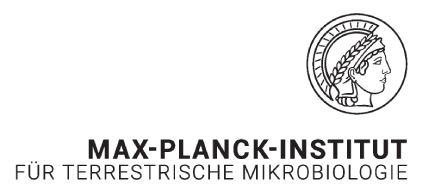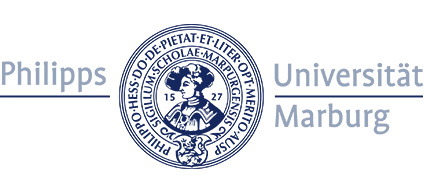Main Content
Microbial Physiology Lab

Bacteria and Archaea have already been shaping Earth’s biogeochemistry since billions of years, colonizing almost all known environments and maintaining critical roles in biogeochemical cycling of important elements like carbon, nitrogen and sulfur as well as for our planet’s global climate. The Microbial Physiology group is especially interested in studying archaea, procaryotes that constitute the third domain of life and can partly thrive in extreme environments such as hydrothermal vents or hot springs. In recent years many new archaeal lineages were discovered by modern high-throughput sequencing methods, however, isolation and physiological characterization lag far behind. Physiological and biochemical characterizations of the involved pathways and enzymes are required to assign functions to the vast number of uncharacterized archaeal genes, and to increase our knowledge about the diversity and metabolisms of archaea. With help of such studies, we aim on expanding the knowledge about these fascinating and vital microorganisms and facilitate culturing/isolation of novel archaea, which will help elucidate their global impact and to use them for various biotechnological applications.



